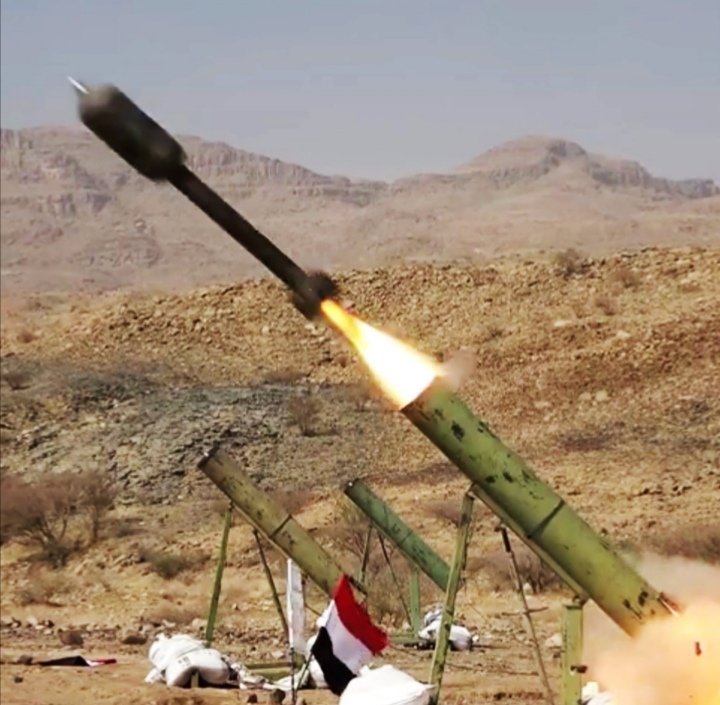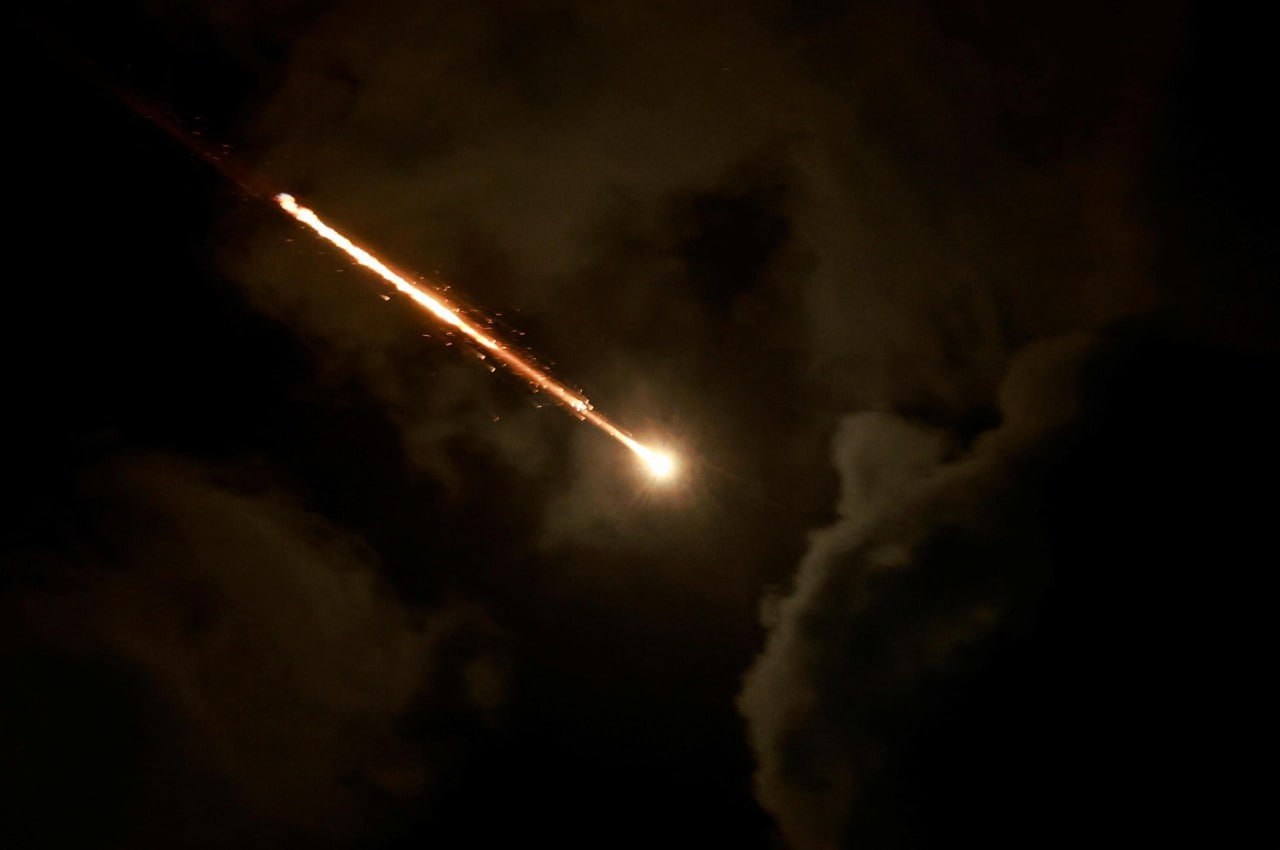Houthis Target Tel Aviv With Five Drones
Houthi military spokesman Yahya Saree announced that the group targetted Tel Aviv with five drones at dawn, Thursday. He confirmed the success of the operation, however the Israeli army admited only two drones falling on the city.
As broadcast on Al Masirah Saree said that the Yemeni air force attacked a vital target in occupied Jaffa with a number of drones, stressing the operation achieved its goals by the arrival of the drones without the enemy detecting or shooting them down.
The military spokesman added the Jaffa operation comes within the fifth phase of the “Promised Conquest and Holy Jihad” battle, and stressed the continuation of operations until the aggression on Gaza and Lebanon stops.
The Israeli army said it had detected two drones in Bat Yam, south of Tel Aviv, adding it intercepted one and the second fell in an open area.
In turn, the Israeli media reported that five drones were launched from Yemen at dawn and exploded at low altitude in the airspace over the Tel Aviv area.
The Houthi group announced Wednesday, its missile force targeted the Nevatim base and the Rotem industrial zone in the Negev with missiles.
The group said that the operation was carried out with the “Quds 5” winged missiles that were revealed for the first time, and that the targeting operation was accurate and the missiles reached their targets.
It explained the “Quds 5” missile used in the operation was developed and is capable of hitting any target in occupied Palestine.
In the past few months, the Houthis have carried out several attacks with drones and missiles on Israeli targets, and in July a drone hit a building in Tel Aviv, killing an Israeli according to Al Jazeera.






 An initial damage assessment reports that Israel’s Nevatim Air Base was so badly damaged by Iran’s missiles that it is now inoperable.
An initial damage assessment reports that Israel’s Nevatim Air Base was so badly damaged by Iran’s missiles that it is now inoperable.

 (@Sentletse)
(@Sentletse) 




